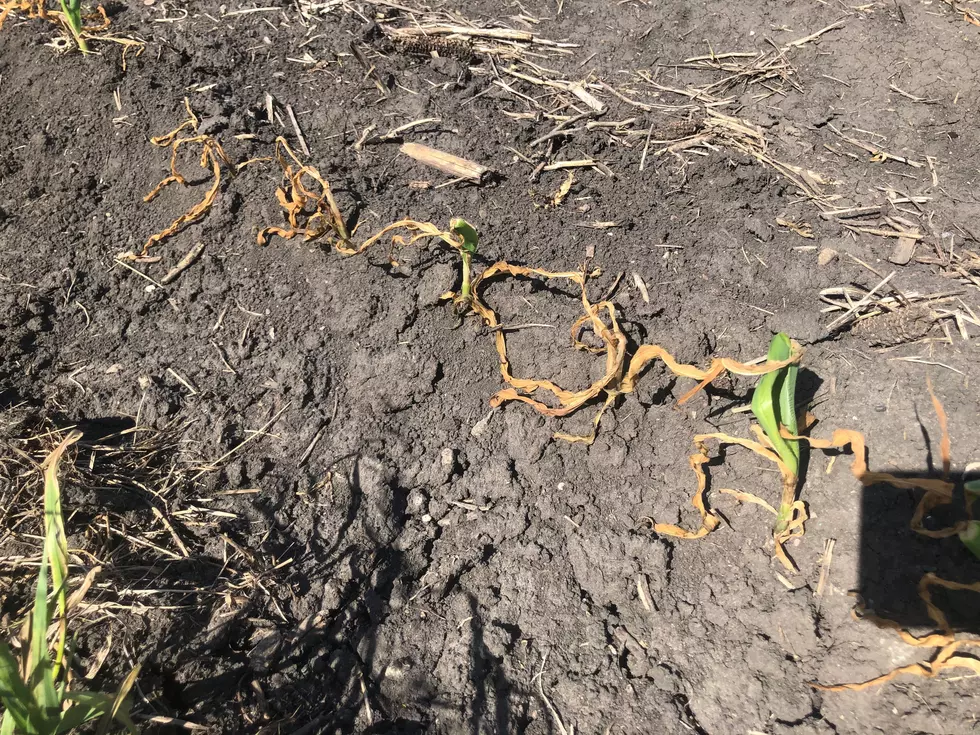
Frost Damaged Corn Memorial Day Weekend
I guess you can add another weather event farmers (myself included) will remember for many years. The Memorial Day weekend frost of 2021. In the picture is damaged corn taken 8 days after the frost. I do not know whose field it is. I just noticed the frost damage driving out to my farm by Wells. I am not an agronomist but if this corn was going to come back we should see new green leaves by now. It appears to me some of these plants are dead!
This was in a low area of the field next to the road ditch that was even lower where the really cold air settled. You can see that the higher area of the field was not hit hard and has recovered nicely. We can be thankful that the whole field does not look like this area. The growing point of corn stays below ground until the 4 or 5 leaf stage so it got cold enough at ground level or just below to kill the corn.
There were frost warnings from the National Weather Service for Saturday morning. The first thing I did that morning was check the temperature. It was 37 degrees in Faribault so I was not concerned about frost. This reminded me of the Father's Day frost of 1991. The lowest temperature I heard on the radio while I was milking was 37 degrees. That year there was more extensive damage than this year.
Driving out to the farm from Faribault to Wells I do not see any serious frost damage but I am sure there are low areas in some fields that got hit hard. At this late date I do not think farmers will replant corn. Plus, herbicides have likely been applied that prevent you from replanting with beans. So, it is what it is, you try and control the weeds and hope for the best!
LOOK: Minnesota Ticks and How To Prevent Bites
More From KFIL







![‘The Johnny Cash Show': 5 Memorable Moments [WATCH]](http://townsquare.media/site/623/files/2016/02/johnny-cash-video.jpg?w=980&q=75)


